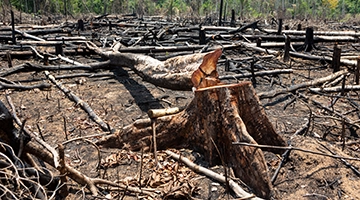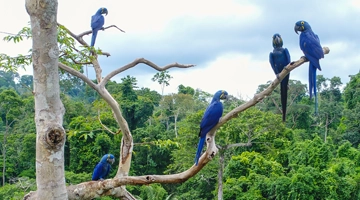 https://www.3keel.com/wp-content/uploads/2025/12/deforestation_sf.webp
200
360
Anna Kitulagoda
https://www.3keel.com/wp-content/uploads/2023/04/3keel_logo-1.png
Anna Kitulagoda2025-12-11 09:49:342025-12-11 12:07:17EUDR delayed: 3Keel urges focus on ending deforestation
https://www.3keel.com/wp-content/uploads/2025/12/deforestation_sf.webp
200
360
Anna Kitulagoda
https://www.3keel.com/wp-content/uploads/2023/04/3keel_logo-1.png
Anna Kitulagoda2025-12-11 09:49:342025-12-11 12:07:17EUDR delayed: 3Keel urges focus on ending deforestationCASE STUDY WRAP
Farmer-led data gathering pilots to understand the effectiveness of collaboration to reduce food surplus and waste
3Keel led a consortium including Innovative Farmer members, The Soil Association and LEAF to help understand the challenges of food surplus and waste as well as promoting on-farm collaboration as a method of solving it.
RAP is a UK charity that works with governments, businesses and communities to deliver practical solutions to improve resource efficiency. Previous WRAP work had identified significant variability in rates of food surplus and waste between farms, suggesting opportunities to improve productivity and reduce waste through the uptake of existing farming practices. Facilitated farmer-led research is a proven and effective method for testing and sharing new ideas for on-farm innovation and improved farming practice. So, with funding from Defra, WRAP was interested in exploring this approach for tackling food surplus and waste on farms. An additional objective was to generate new data on food waste.
3Keel led a consortium including members of Innovative Farmers, The Soil Association and LEAF to develop and deliver these data-gathering pilots on the effectiveness of farmer collaboration for on-farm food waste measurement and mitigation. The first year involved pilots in five UK sectors: dessert apples, eggs, wheat, carrots, and tomatoes, and the second year saw pilots in four additional sectors: blackcurrants, raspberries, brassicas (cauliflower and kale), and onions.
Growers were recruited in 2019 and 2020 to form facilitated groups in each sector. These groups met two to three times throughout the year to discuss waste priorities and hotspots, develop and agree data collection processes, and share and review results after data collection and analysis. Data collection occurred during harvest and was undertaken either by the growers themselves or by project team members.
The project identified that supporting farmers to collaborate on food surplus and waste on farms requires greater alignment with farmer priorities. Additional research on food surplus and waste levels and hotspots could provide better motivation for engagement, and/or engagement with others in the supply chain. Some key drivers of food surplus and waste on farms – such as a lack of flexibility in specifications or the absence of reliable or economical secondary markets – can only be tackled in collaboration with others in the supply chain. Collaborative approaches to food surplus and waste reduction that span the supply chain are likely to have the most success in tackling some of the biggest drivers.
The research also identified that reliable alternative destinations for food surplus and waste – whether that be secondary markets that provide a viable economic return or gleaning for charity use – could be significant in achieving reductions. Potential opportunities in this space would be best explored by sectors as a whole, in a pre-competitive collaboration, to achieve the volume that may be necessary.
The final reports from each year are available from WRAP: Year one and year two.





